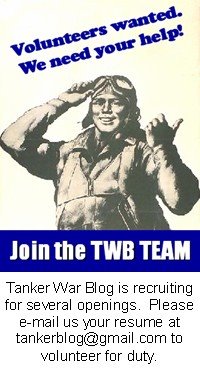
World Trade Online (Note: This not a free service; you must pay to see the full article) in a 9 Mar headline story "EU Rebuffed In Attempt To Harmonize Boeing-Airbus Cases", reported that its sources say that the World Trade Organization denied an EU request to harmonize the content and timing of the U.S. case against alleged EU subsidies to Airbus and EU case against alleged U.S. subsidies to Boeing.
The EU sought this request to possibly delay the WTO ruling and to possibly force the US into negotiating a settlement. But as the article states:
Within days of making the request, the panel reviewing the U.S. case (DS316) denied it, sources said, giving some credence to the notion it may deliver its interim ruling in the case by June. The EU case (DS353) is on a slower track than the other case, with both sides submitting comments on answers to panel questions earlier this week. The DS316 panel saw the last filings by the parties in March.
The EU argument to the WTO included claims that the parties would be unable to keep the interim rulings confidential in the time between the two rulings. "Parts of the case are very similar," one source argued.The U.S. responded to the brief, arguing that WTO law permits harmonization of cases brought by multiple members against the same alleged WTO violation, but does not prescribe the type of harmonization sought by the EU.
While one source close to the EU sees a DS316 ruling in September, another source said the swift response on the EU request was a sign the DS316 panel is approaching a decision by June.
Many eyes are on the GAO ruling on the tanker competition due by June 19th, but the WTO case ruling may have an even greater impact. Even a partial victory for the U.S. in the first case could spell the end of the $35 billion refueling tanker contract awarded by the U.S. Air Force to EADS and Northrop Grumman over Boeing.
It is an election year and very few in Congress will want to be seen as aiding a foreign company that undermines free trade to the detriment of US companies and their workers, especially when the economy is faltering.
The EADS team has been successful to date in its efforts to spin the tanker controversy as simple protectionism vs. free markets. If the WTO determines that Airbus has broken the rules of free trade, EADS's strongest point now becomes their weakest. Expect the public backlash to be justifiably merciless.




 Stumble It!
Stumble It!
No comments:
Post a Comment